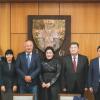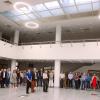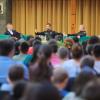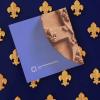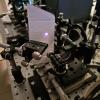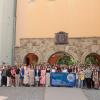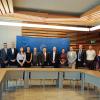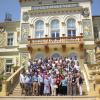Shaping the future of visual neuroscience
2025
Sep
26
The University of Pécs had the honour of hosting the European Retina Meeting in 2025. The annual event was held for the first time in Hungary. Taking place from September 21st to 24th, the conference welcomed guests from over twenty countries. With a distinguished lineup of internationally renowned researchers, the gathering proved to be an important milestone for the Hungarian academic community.
The conference was opened by dr Béla Völgyi, head of the Szentágothai János Research Centre’s (SzKK) Retinal Neurobiology Research Group, who shared some general information with the guests, then yielded the floor to dr. Boldizsár Czéh, head of the SzKK. “Truly a historic moment, since this is the first time our institute can hold such a prestigious meeting” – said the professor, encouraging the researchers to take part in “fruitful discussions”.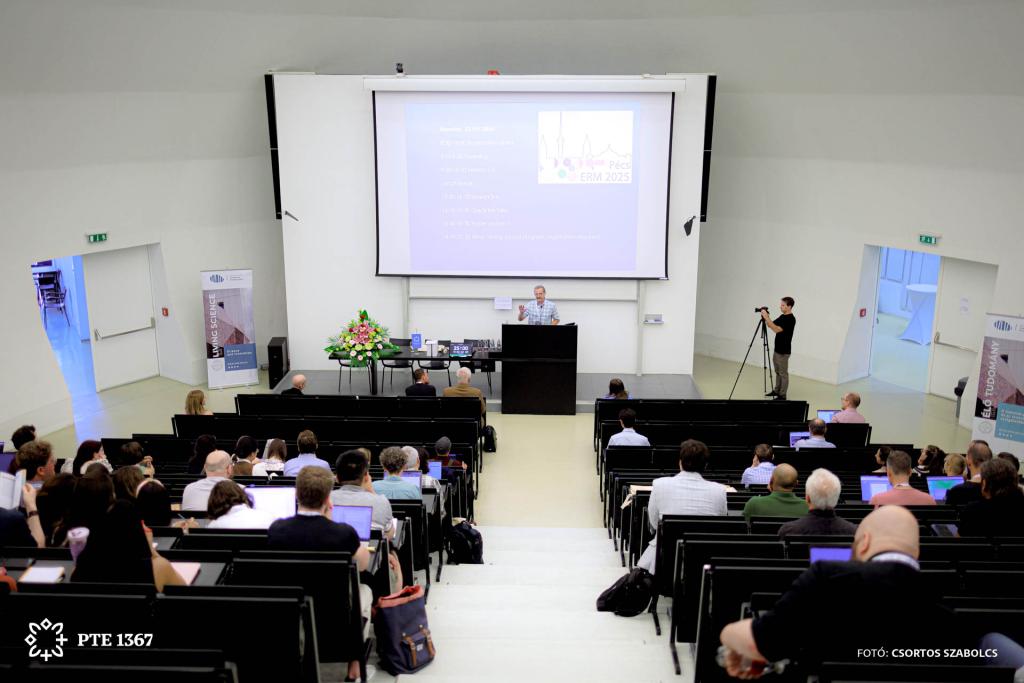
Ever since its first introduction in 2007, the annual programme has paved the way for scientists to show their research on the frontiers of retina and visual neuroscience, incite innovative discussions, foster new collaborations, and help young researchers introduce their work internationally. Meanwhile, quoting Professor Czéh, it also proved to be a “viral hub of ongoing research”; with 21 research groups and more than 200 scientists represented, the gathering harboured a diverse community.
The conference was divided into sessions, with each session hosting presentations by distinguished researchers. Before the first lecture dr. Béla Völgyi announced special gifts to all the researchers presenting at the conference: poems, based upon the abstracts of their work, written by AI. 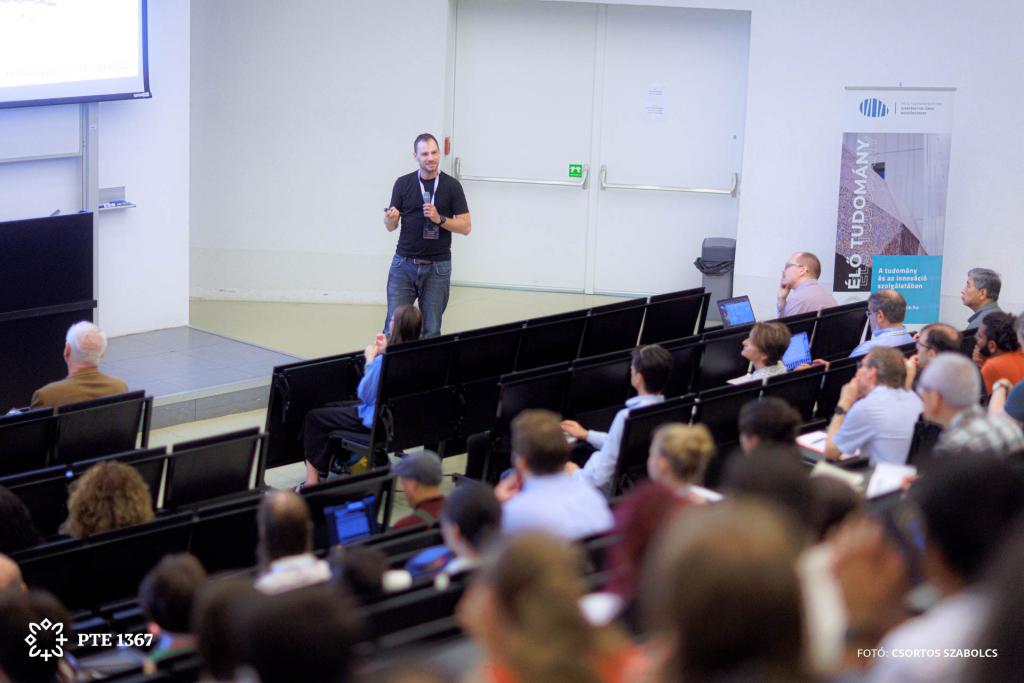
The first session of the programme revolved around the evolutionary perspective, presented by Tom Baden, professor of the University of Sussex. He talked about how modern molecular evidence contradicts pre-existing ideas on the evolution of the retina. The speaker proposed a new perspective and mentioned numerous aspects that point to the retina “not as a de novo innovation, but as a modified […] solution to sensory challenges faced by earlier cordates” – leading to a discussion in the audience.
The Pécs conference served not only as a platform for scientific exchange, but also as a venue for forging collaborations that will shape future research. The lectures and discussions clearly highlighted that, while many scientific questions in the field remain unanswered, new methods and technologies are opening unprecedented opportunities. The joint efforts of the participants, the support for young researchers and the spirit of international cooperation all contribute to ensuring the emergence of outstanding results in the coming years. This way, the Pécs edition of ERM can rightfully be seen as a milestone in the development of the scientific community and research centred around vision research.
- Log in to post comments
University of Pécs | Chancellery | IT Directorate | Portal group - 2020.

